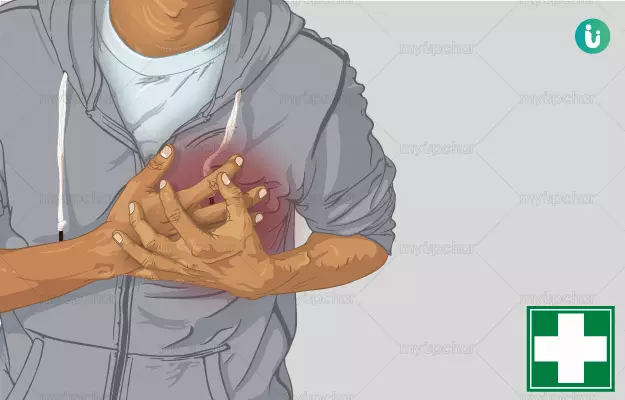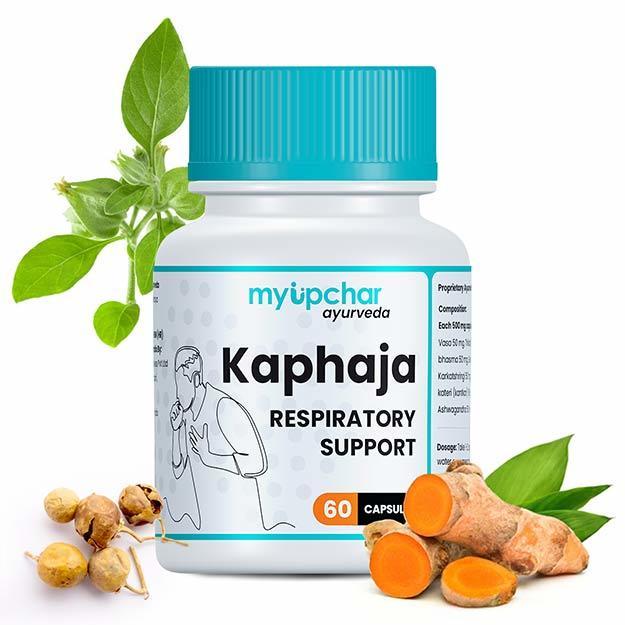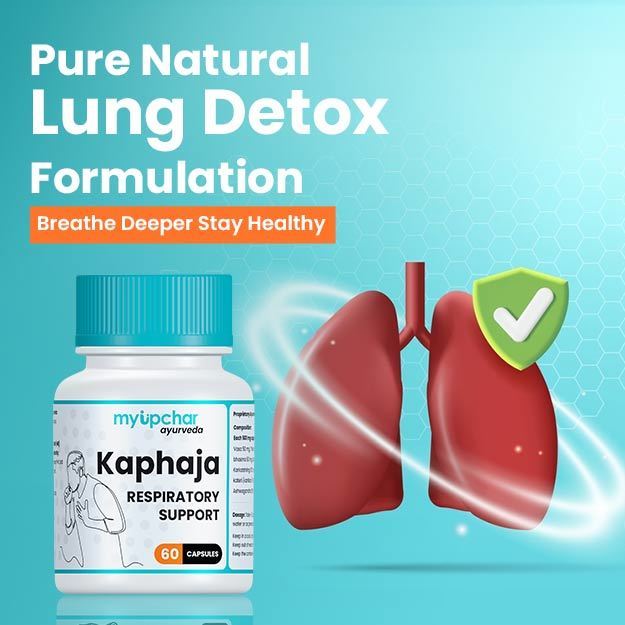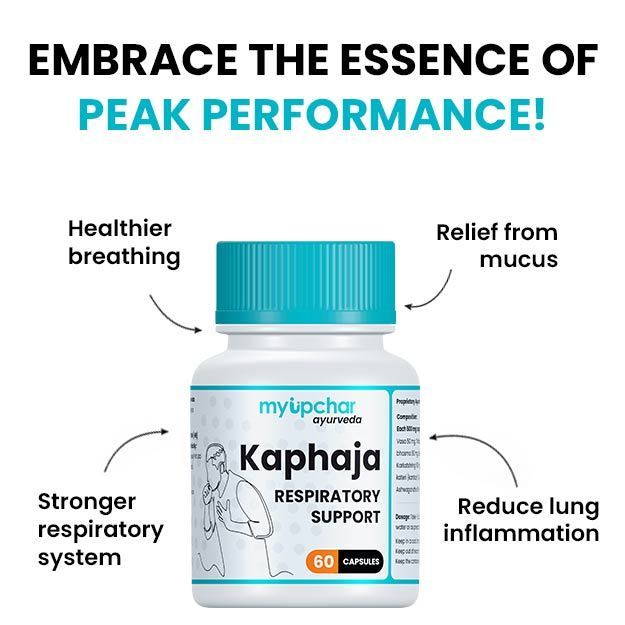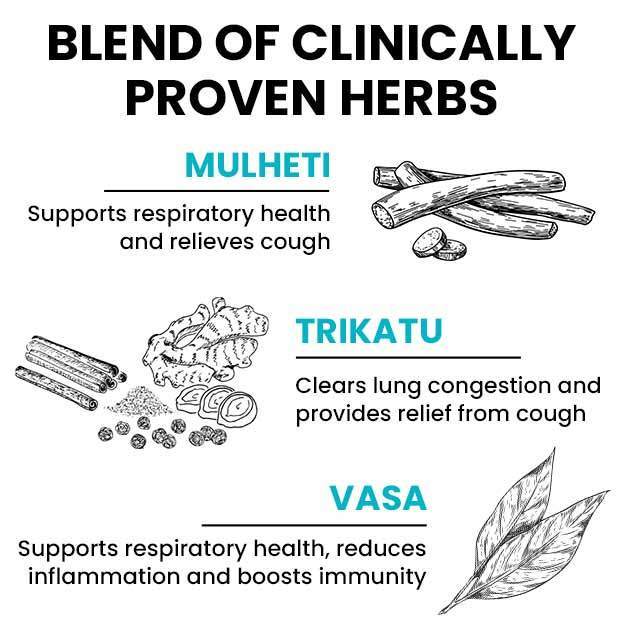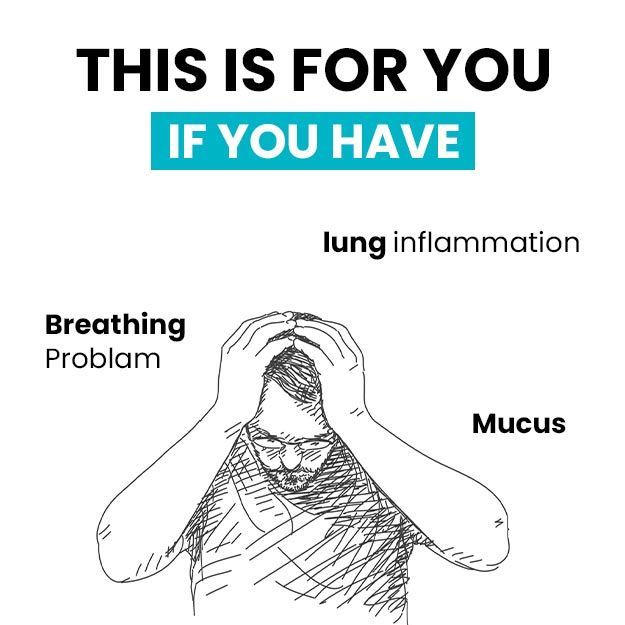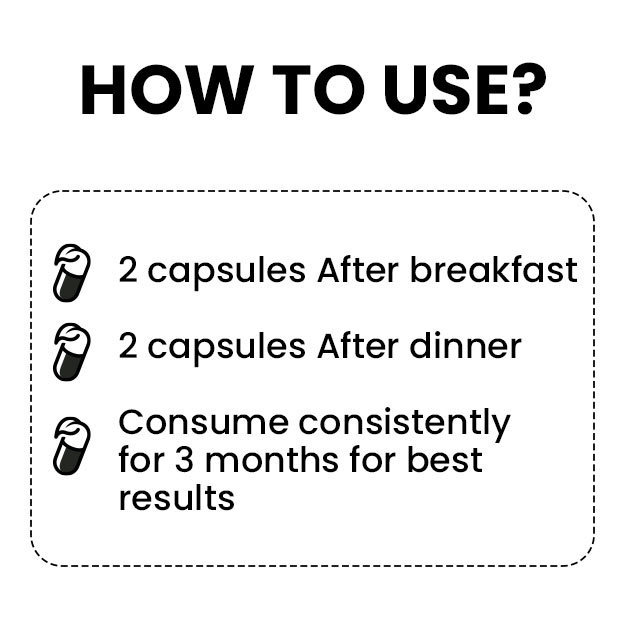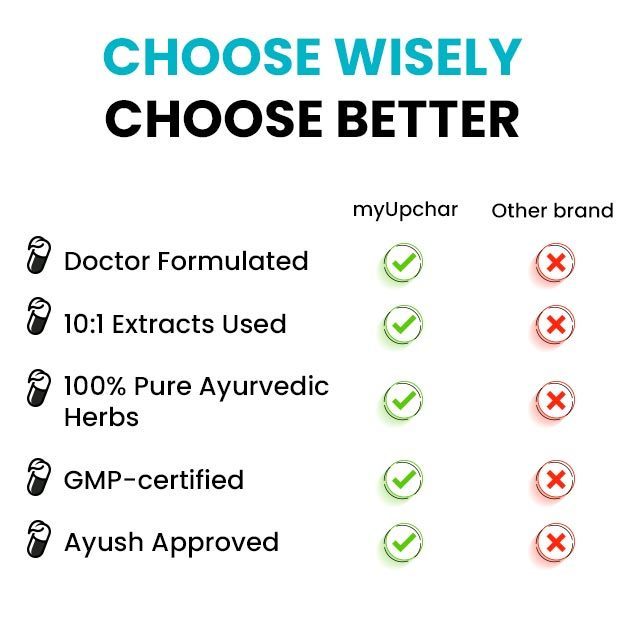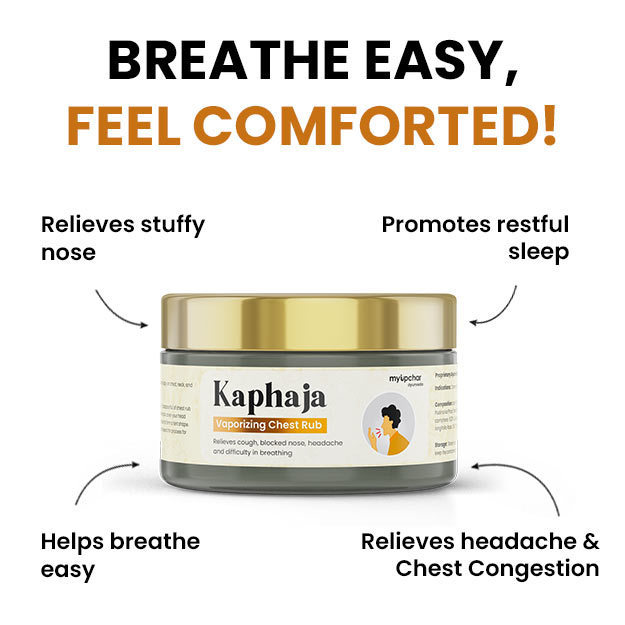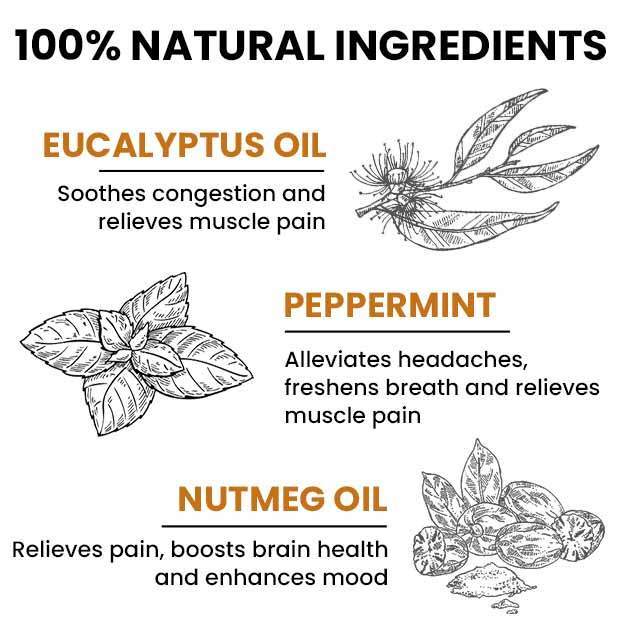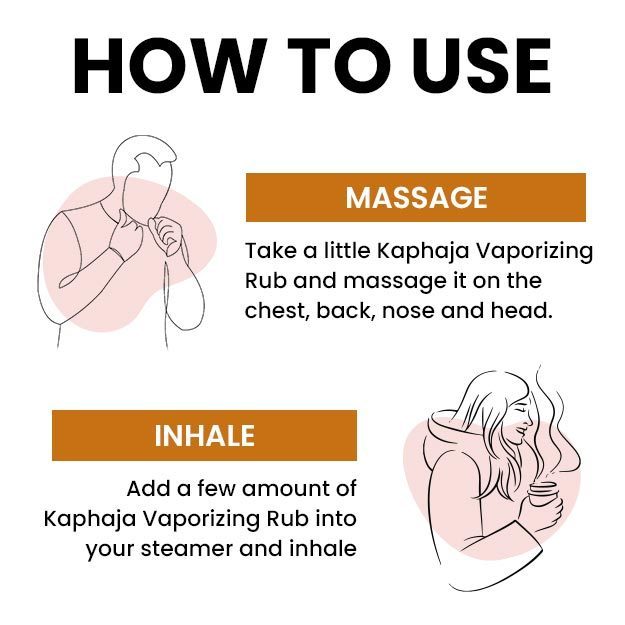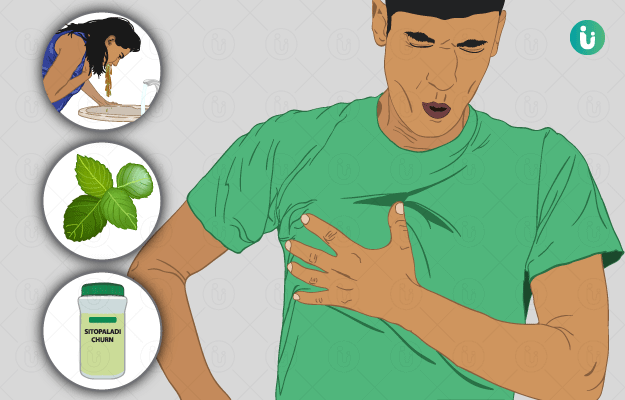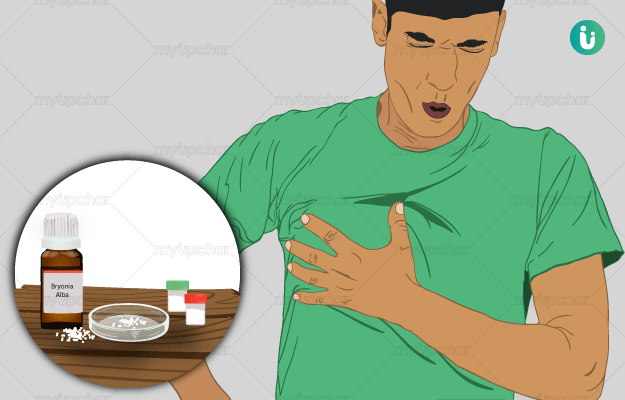Most of the people who go to the hospital in an emergency complain of chest pain. The cause of chest pain can be serious or normal, such as TB, GERD, asthma etc. Some causes of chest pain are very serious, but most are not fatal. Its causes can also be related to the heart, such as heart attack or cardiac arrest etc. ECG is done to find out the cause of chest pain and its treatment requires medical treatment from a doctor. This article explains whether chest pain is a serious problem, what to do if you have pain in your chest, how to help someone who is having chest pain and when to go to the doctor in case of chest pain.
(Read more - Common Causes of Chest Tightness)


